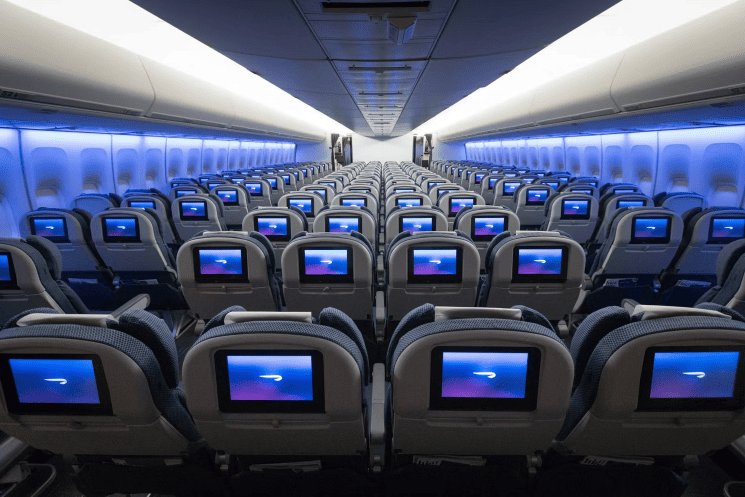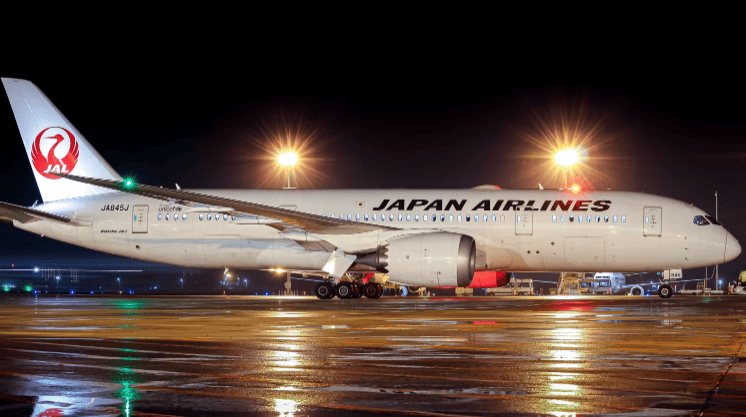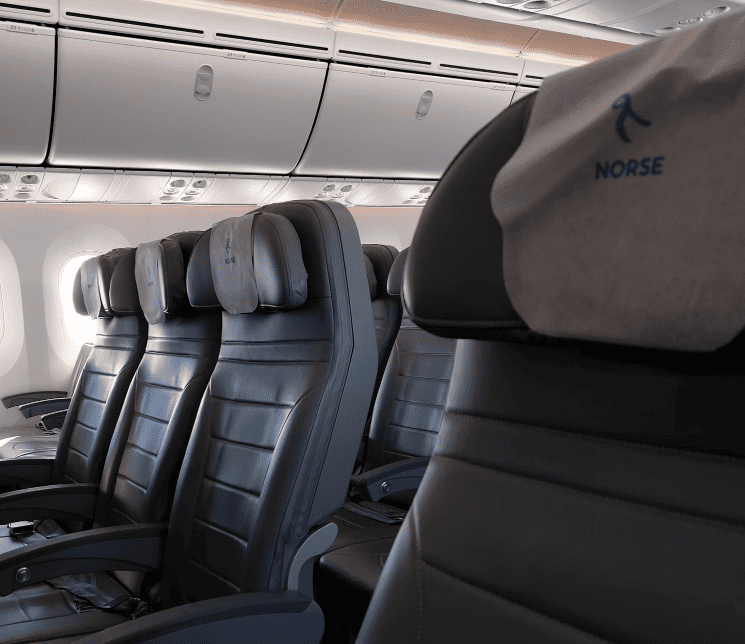Follow these steps can help to maximize your chances of getting a good night’s rest on a long-haul flight in economy class.

Photo: Stuart Bailey | British Airways
Some passengers will have a strong preference for window seats on long-haul overnight flights. After all, these seats are useful in that they allow passengers to lean into the window (or the wall if you’re unlucky) and get some shut-eye. This can make a considerable difference compared to having to sit straight in a middle seat.

Photo: KeleX Pictures | Shutterstock
Aisle seats are a better alternative for some, as passengers have unrestricted access to the aisle, bathroom and galley, which can be helpful if you want to stretch your legs. The worst thing about sitting in an aisle seat is being woken up by the people next to you, asking to go to the bathroom. Either way, it beats a middle seat!
Bringing the right things
Now that you’ve chosen the right seat on your flight, your next step is to pack a bag with items that will help you get a good night’s rest. Some of these items may include an eye mask, ear plugs, and a travel pillow, with these components each playing a different but important role in creating an optimal environment for sleep.
While flight attendants do generally dim the cabin lights on overnight services, they may do so only after completing the first meal service. With this in mind, if you are planning to sleep immediately after take-off, it can be advisable to bring an eye mask with you. If your neighbors are noisy, or if the aircraft’s engines are keeping you awake, a good pair of earplugs can help to block out noise.

Photo: Jake Hardiman | Simple Flying
If amenity kits are offered, these will likely contain an eye mask and/or earplugs. However, they are less likely to feature larger travel pillows, but these are worth investing in if you want to sleep well on a plane. After all, ensuring that your neck is supported will get you one step closer to sleeping through the night.
Passengers can also seek medical advice
If you still find yourself not being able to sleep on a plane after these steps, then you might need to consider seeking some sort of medical advice. Consult your GP or pharmacist to see what works best for you on these tricky trips.
Source: Simple Flying

Warning: Illegal string offset 'cookies' in /home/u623323914/domains/eng.bayviet.com.vn/public_html/wp-includes/comment-template.php on line 2564